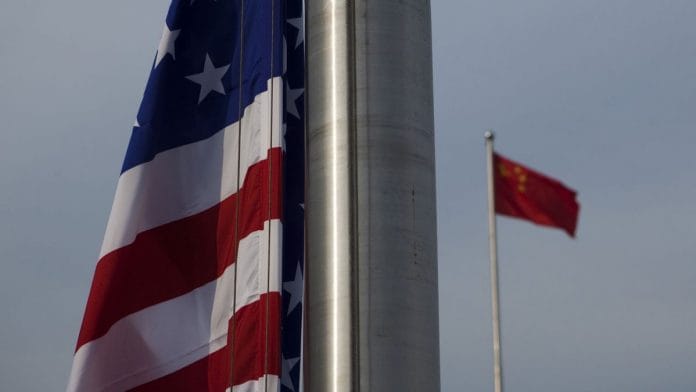Washington: President-elect Joe Biden’s cabinet picks signaled Tuesday that the new administration would continue some of Donald Trump’s hard-line economic policies toward China, with officials vowing to fight “abusive” trade practices and bar products from the region home to the nation’s ethnic Uighur Muslim minority.
Janet Yellen, Biden’s intended nominee for Treasury secretary, said during her confirmation hearing that the U.S. is “prepared to use the full array of tools” to address actions such as “dumping products, erecting trade barriers and giving illegal subsidies to corporations.”
Antony Blinken, the pick for secretary of state, said he agreed with the Trump administration’s designation that China’s crackdown on Uighurs and other minorities in the Xinjiang region is a genocide. He told the Senate Foreign Relations Committee that the U.S. should bar imports of goods produced in Xinjiang and prohibit exports to companies that participate in rights violations there.
The relationship between the world’s two largest economies is seen remaining fraught under Biden since both Republicans and Democrats in Congress are eager to punish China for intellectual property theft and unfair trade practices. Biden told the New York Times last month that he won’t make any immediate moves on Trump’s tariffs on $350 billion worth of Chinese imports.
Yellen said the U.S. would seek to work “with our allies rather than unilaterally” to address the issues toward China. That could be read as a reference to the China tariffs, which Trump imposed unilaterally.
“China is clearly our most important strategic competitor,” Yellen said. The U.S. should also seek to strengthen its own economy by investing in infrastructure and research and development, as Biden will soon propose, she said.
Biden’s nominee to serve as director of national intelligence sounded a similar note Tuesday. Avril Haines said during her confirmation hearing before the Senate Intelligence Committee that she wants to use intelligence to better support efforts to counter China’s “unfair, illegal, aggressive and coercive actions, as well as its human rights violations.”
Also read: In a rebuke of Trump, next US Secretary of State Blinken promises diplomacy with ‘humility’
Sanctions regime
The tariffs imposed by Trump and his administration sought to penalize the nation over intellectual-property theft, allegations denied by China. Trump also heavily relied on the Treasury Department’s sanctions regime to punish Chinese officials involved in the crackdown on democracy protesters in Hong Kong.
Yellen said that sanctions will broadly remain an important tool for the Treasury. She didn’t go into detail on how the Biden administration would approach the China tariffs.
Yellen’s department will also inherit a pending decision over whether to break up Chinese technology companies. The most high-profile battle took place last year over social media app TikTok, which the Trump administration ordered to break from its Chinese parent company ByteDance Ltd. for national security reasons.
In the final weeks of his term, Trump has imposed investment restrictions on multiple Chinese companies said to be aiding China’s military operations. Biden’s team will have to decide whether to change those actions or continue on the hard-line path Trump has set out.- Bloomberg
Also read: Trump’s China scorecard shows many defeats, and this one big change






